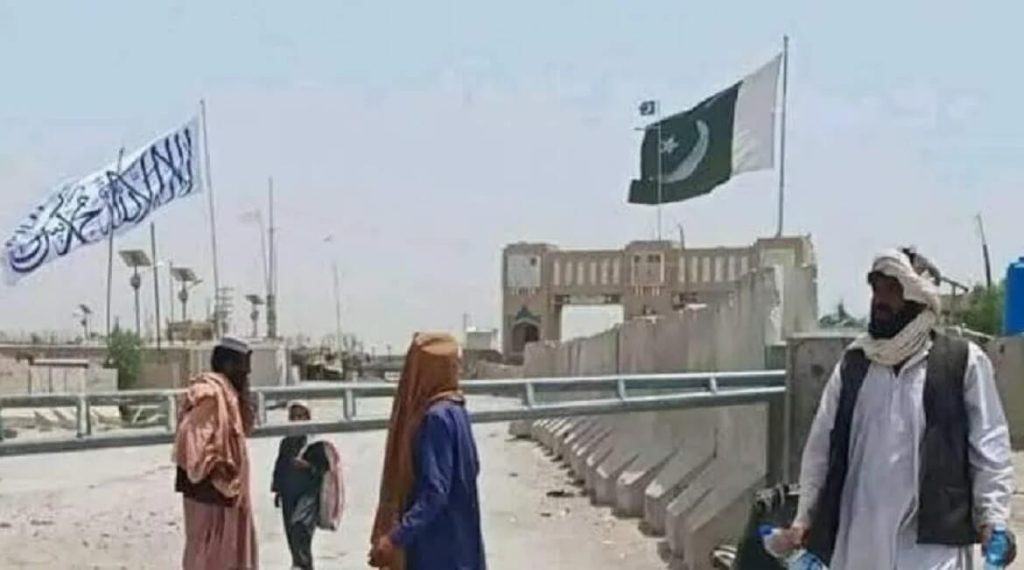As conflict between India and Pakistan escalates, the situation along the Pakistan Afghanistan border has taken a different turn. Taliban officials in Kabul have reassured Pakistan that there is no need for concern on its western flank.
This assurance came during a visit by Pakistan’s special envoy, Mohammad Sadiq Khan, to Kabul. Sources told a media outlet that the purpose of his trip was to maintain peace along the Pakistan Afghanistan border. They called the mission successful.
At the same time, China’s special envoy also visited Kabul. Both Chinese and Pakistani envoys held important meetings with key Taliban leaders. These included Foreign Minister Amir Khan Muttaqi, Interior Minister Sirajuddin Haqqani, and Industry Minister Nooruddin Azizi.
In one of the meetings, Haqqani emphasized the importance of strong regional partnerships. He said political progress and economic cooperation could only be achieved through mutual respect. Constructive dialogue, he said, was the way forward.
Haqqani assured both envoys that Afghanistan’s border with Pakistan would remain secure and calm. The Taliban’s Foreign Minister echoed this promise. He said Kabul would continue to support Pakistan despite rising tensions in the region.
Following a deadly attack in Kashmir that killed 26 Indian citizens, India responded with airstrikes on Pakistani territory. In response, Pakistan redirected its military focus towards the eastern border. But the situation along the Pakistan Afghanistan border remains critical too.
Islamabad continues to battle militant outfits like Tehreek-e-Taliban Pakistan (TTP) and Baloch separatists. It has repeatedly accused the Afghan Taliban of supporting these groups. Officials say this support might be influenced by India. The Taliban strongly reject these allegations.
They insist that Afghan territory will not be used against any of their neighbours. During this critical time, Sadiq Khan’s trip to Kabul was seen as an attempt to ease Pakistan’s security concerns.
What raised more alarm in Islamabad, however, was the Taliban’s unusual response to the Kashmir incident. Although the Taliban have long-standing ties with groups like Jaish-e-Mohammed, Lashkar-e-Taiba, and the Majid Brigade, they refused to condemn India’s airstrikes. Instead, they called for peace talks and a negotiated settlement.
Despite these concerns, the Taliban continue to promise that the Pakistan Afghanistan border will not become a flashpoint. Their pledge for stability on the frontier offers some hope amid mounting regional tension.


